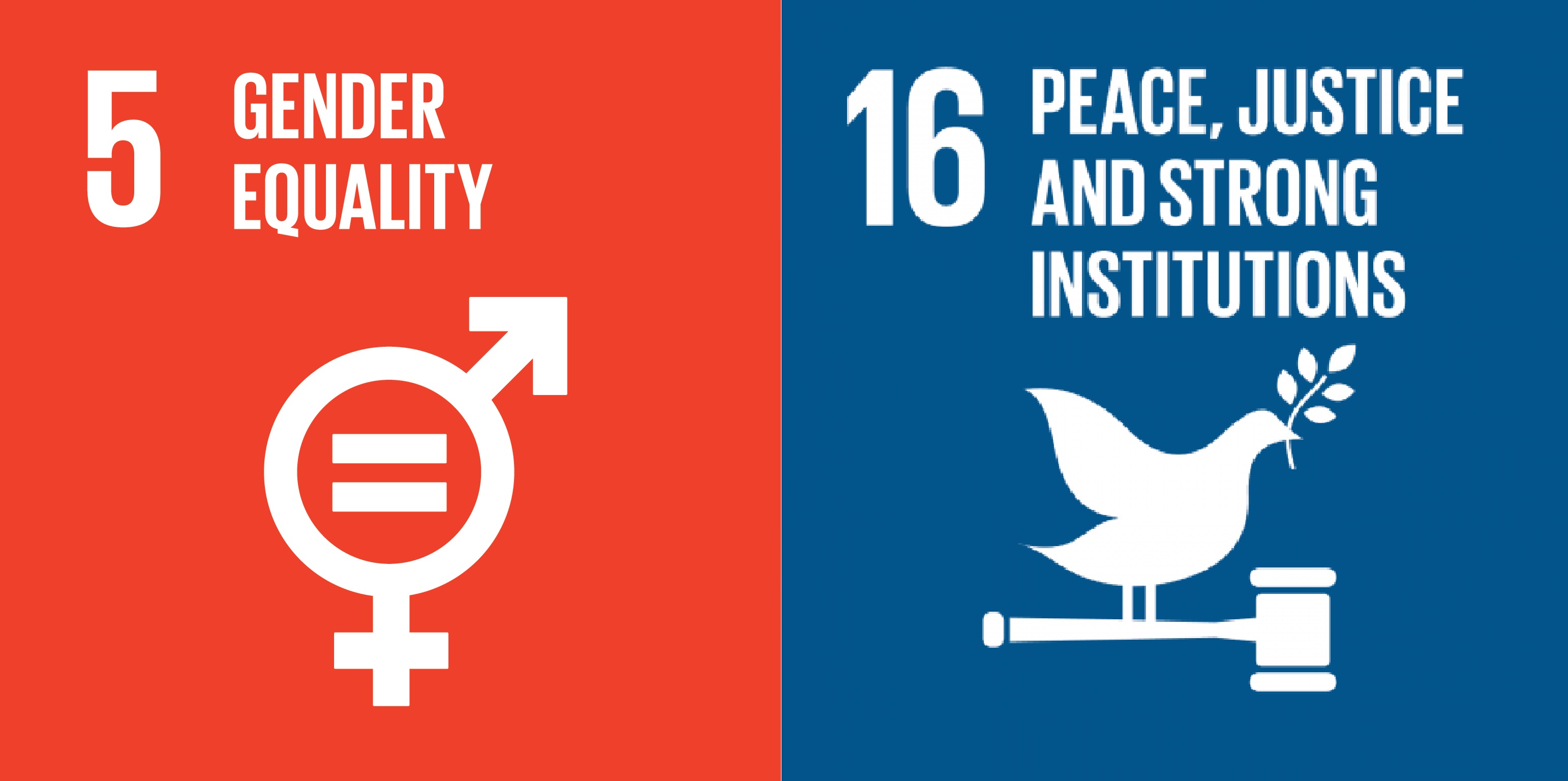Policy Dialogue on the Role of Women in Peacebuilding and Reconciliation in Ethiopia
August 3, 2022

UNDP and the Ministry of Women and Social Affairs (MoWSA) organised a one-day national-level policy dialogue in July 2022 to provide a platform for key stakeholders to examine the current context, challenges, and opportunities to enhance women’s engagement in peacebuilding and reconciliation in Ethiopia.
The policy dialogue, held under the theme An Integrated Approach to Amplifying the Voices of Women in Peacebuilding and Reconciliation in Ethiopia, sought to ensure that the new Ethiopian National Women Policy currently under development considers provisions for enhancing the role of women in peacebuilding and reconciliation.
The national policy dialogue brought together key stakeholders from relevant federal and regional stakeholders, public authorities and policymakers, CSOs, and women groups, including the national technical and steering committees established to revise the national policy on women.
The policy dialogue drew on the empirical evidence and practical recommendations drawn from the study commissioned by UNDP ‘to assess the role of women in peace and reconciliation in Oromia and Somali regions.
A policy brief shared a range of practical recommendations to inform the design and implementation of policies and programmes at national and regional levels.
The policy dialogue is timely as the country faces multiple social and economic challenges exacerbated by ongoing conflict triggering the suffering of citizens, particularly women and girls, including displacements.
The event consisted of a presentation of two publications, including the key findings of an assessment report and policy brief on the role of women in peace and reconciliation in Oromia and Somali regions.
The presentations gave participants the general and specific context, challenges, and possibilities of women in peacebuilding and the application of an Integral Change Model to examine those challenges and opportunities with practical recommendations to amplify the voice of women in Peacebuilding in Ethiopia. The model helps to view a situation from different angles and points of view, diagnose and understand any complex social issue and find a solution.
The presentation highlighted that women are the most affected during the conflict, yet they are mostly neglected in efforts and decisions to resolve them. Processes that exclude women ignore the perspectives, needs, and priorities of a large section of the population. When they are involved, a peace agreement is almost always reached and is likely to be implemented.
The study on women in peace and reconciliation did not find policy frameworks backing women's engagement in peacebuilding, conflict management and resolution. Moreover, women may have a voice directly or indirectly but with limited visibility and participation and therefore empowerment. It also found that women have the drive and motive to be active peace actors, a key enabling factor to initiate and manage peace and reconciliation processes.
The study recommends that the multifaceted barriers facing women call for a comprehensive and integral diagnosis of the problem. Furthermore, any programme or policy design by the state and non-state actors should employ a systems-thinking approach rather than linear cause and effect analysis. Similarly, only engaging technical experts in peacebuilding and related areas will not address the problems.
Thus, the design and implementation of programmes and policy interventions should employ a multidisciplinary approach that could bring experts, including on societal psychological, personal development, and behavioural change, as the case demands.
The multifaceted barriers facing women also call for a more robust and genuine partnership to address the problems at hand in a coordinated manner.
Finally, specific to the policy level gaps, the study recommended that national and regional state actors recognise the roles and contributions of women in peace and security. Women's engagement is a critical element in the national policy-making and development agenda, to be aligned with the international normative frameworks such as the Security Council Resolution on Women, Peace and Security (UNSC 1325).
Background
In Ethiopia, UNDP has supported a Women in Peacebuilding (WiP) and Conflict Resolution project in the Oromia and Somali Regions. UNDP also contributed to the empowerment of targeted women leaders. UNDP also supported the establishment of CSO Peace Forums and contributed to filling the evidence gap by producing the assessment report and policy briefs.

 Locations
Locations